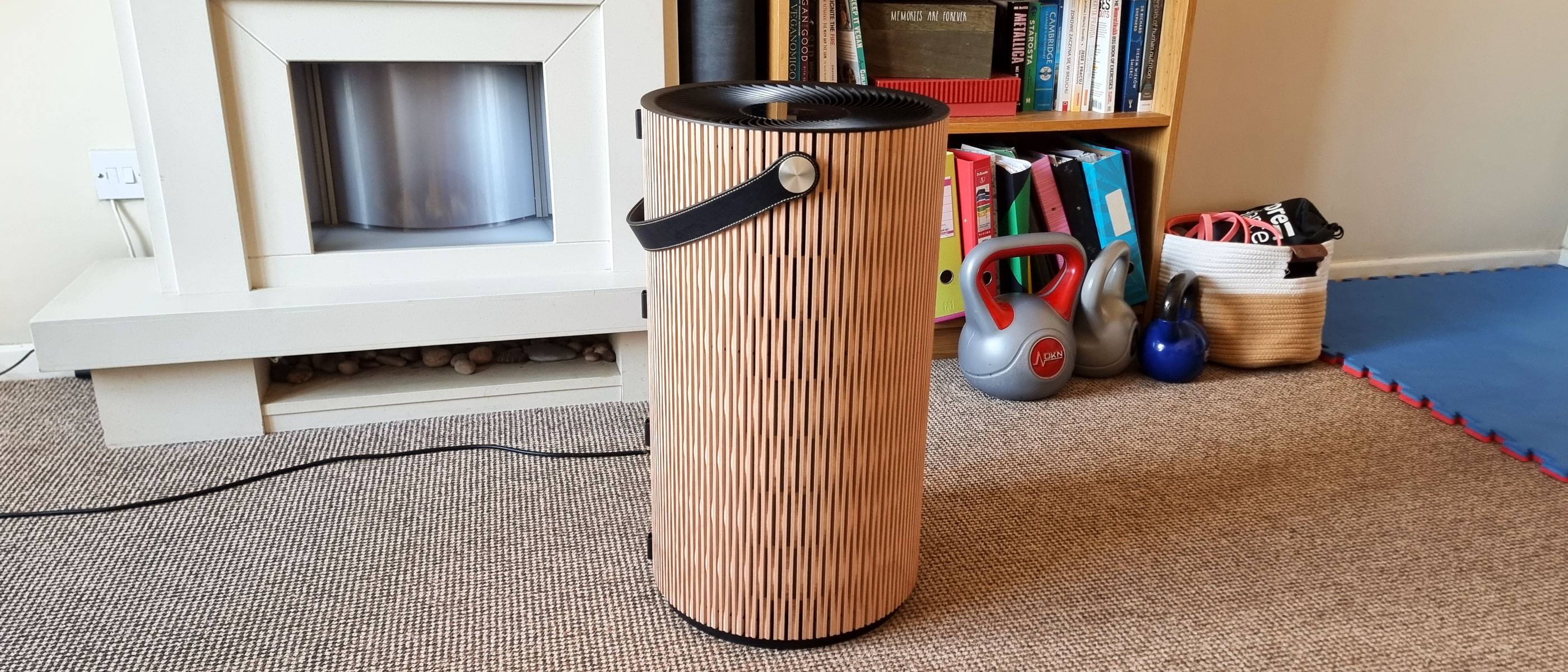Meghan Bartels
Meghan is a senior writer at Space.com and has more than five years' experience as a science journalist based in New York City. She joined Space.com in July 2018, with previous writing published in outlets including Newsweek and Audubon. Meghan earned an MA in science journalism from New York University and a BA in classics from Georgetown University, and in her free time she enjoys reading and visiting museums. Follow her on Twitter at @meghanbartels.
Latest articles by Meghan Bartels

SpaceX's Elon Musk says he's tested positive for COVID-19 on eve of NASA astronaut launch
By Meghan Bartels published
SpaceX CEO Elon Musk has announced that he has received mixed results from tests meant to diagnose infections of the novel coronavirus.
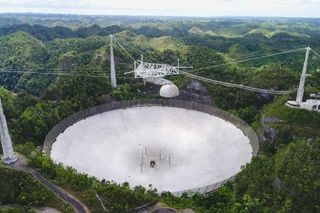
'Alien-hunting' Arecibo Observatory suffers more damage as second cable fails
By Meghan Bartels published
The famed Arecibo Observatory in Puerto Rico has suffered another major blow in a difficult year that has seen two snapped cables damage the fragile dish.
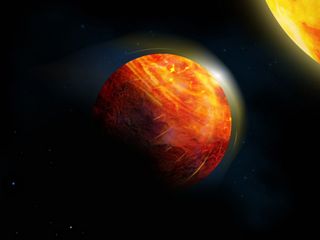
This bizarre planet could have supersonic winds in an atmosphere of vaporized rock
By Meghan Bartels published
Scientists think they have identified a lava world so dramatic that it might boast a thin regional atmosphere of vaporized rock where it is closest to its star.
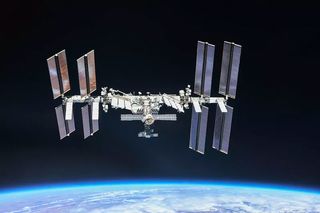
The International Space Station can't last forever. Here's how it will eventually die by fire.
By Meghan Bartels published
What goes up must come down — including, sadly enough, the International Space Station.

Gravitational-wave treasure trove reveals dozens of black hole crashes
By Meghan Bartels published
Scientists can now catch gravitational waves better than ever before.
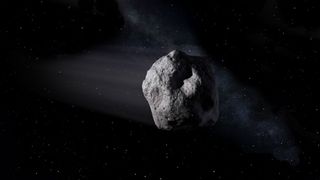
The strange story of 2020 SO: How an asteroid turned into rocket junk and the NASA scientist who figured it out
By Meghan Bartels published
As soon as he saw the data, Paul Chodas knew something was strange about the near-Earth object that had been designated 2020 SO.
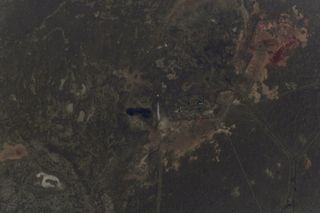
Cosmonaut snaps amazing photos of Soyuz rocket launch from space
By Meghan Bartels published
Three astronauts made a record-setting jaunt to the International Space Station, and another astronaut already in orbit caught stunning photos of the launch.
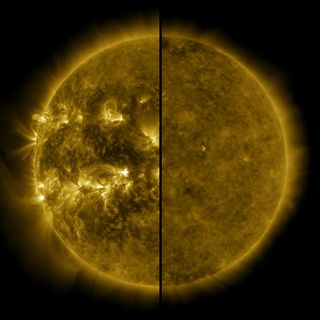
A new solar cycle just started. Here's what that means.
By Meghan Bartels published
We're officially nine months into solar cycle 25, scientists have confirmed, and it will likely look much like its predecessor, which ran from 2008 to 2019.
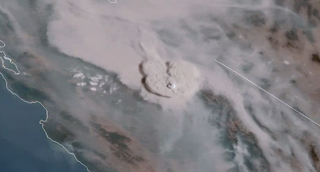
California's fast-moving Creek Fire spawns 'fire cloud' visible from space
By Meghan Bartels published
Fires continue to ravage California, with five new blazes igniting since Friday (Sept. 4).
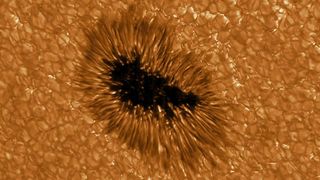
Stunning new sun images show our star's popcorn-like magnetic field structure
By Meghan Bartels published
A spectacular new set of images of our sun shows its popcorn-like magnetic field structure in all its glory.
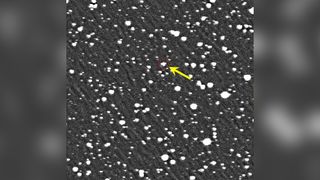
Vintage NASA satellite falls to Earth, meets fiery doom after 56 years in space
By Meghan Bartels published
A long-retired NASA satellite burned up in Earth's atmosphere over the weekend, the agency has confirmed.
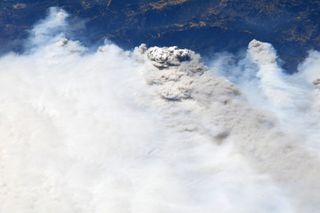
Astronaut spots California wildfires from space, sends 'thoughts and prayers' to victims
By Meghan Bartels published
California is on fire, with more than 360 individual blazes scorching across the state. Unsurprisingly, the effects are visible from space.
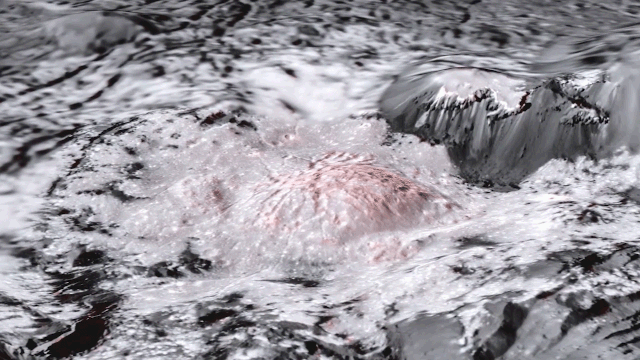
NASA spacecraft gets a look at one of the strangest places in the solar system
By Meghan Bartels published
For a few months in 2018, as NASA's Dawn spacecraft used up its last drops of fuel, it gave scientists an incredibly detailed look at one of the strangest places in the solar system: Occator Crater.
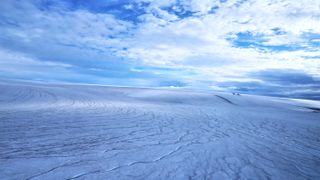
Ancient Mars may have been covered in ice sheets
By Meghan Bartels published
Early Mars may not have been quite the warm, wet paradise scientists have hoped for — not if the valleys scarring its surface work the same way as their counterparts here on Earth do.
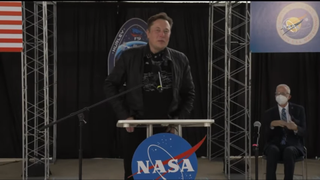
'I prayed for this one,' SpaceX's Elon Musk says after NASA astronauts' splashdown success
By Meghan Bartels published
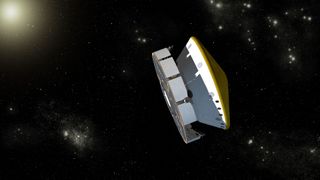
NASA: Mars rover Perseverance in 'safe mode' after launch, but should recover
By Meghan Bartels published
NASA's Mars 2020 Perseverance rover entered "safe mode" after a successful launch Thursday (July 30), but should recover, NASA says.
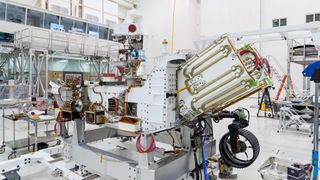
Why NASA's Mars rover Perseverance will use nuclear power to stay warm
By Meghan Bartels published
A spacecraft is only as strong as its power source, which is why when NASA was designing its Perseverance Mars rover, the agency turned to radioactive plutonium.
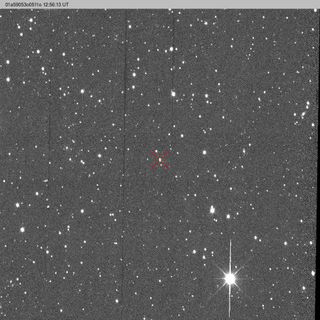
NASA camera spots China's Tianwen-1 Mars spacecraft speeding away from Earth
By Meghan Bartels published
An observatory affiliated with NASA's quest to identify potentially dangerous asteroids spotted something equally speedy but not quite as natural: a spacecraft bound for Mars.
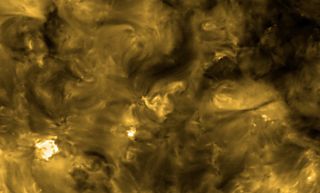
Weird country-size 'campfires' on the sun revealed in closest-ever photos
By Meghan Bartels published
It took just one round of photographs from a new solar science spacecraft for scientists to learn something new about the sun.
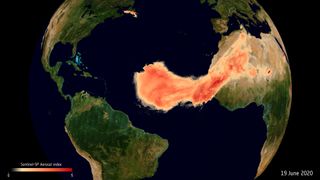
Satellite sees 'Godzilla' dust plume sweep across the Atlantic Ocean
By Meghan Bartels published
Each year, dust from the Sahara Desert blows off Africa and across the Atlantic, but most years that plume isn't so massive it's nicknamed "Godzilla."
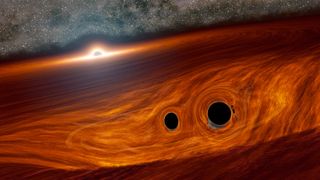
Scientists spot flash of light from colliding black holes. But how?
By Meghan Bartels published
Black holes aren't supposed to produce flashes of light. But scientists think that last year, they spotted black holes doing just that.
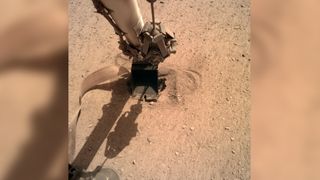
The 'mole' on Mars is finally underground after a push from NASA's InSight lander
By Meghan Bartels published
There's a light at the end of the tunnel for the first mole to burrow into the surface of Mars, scientists hope.
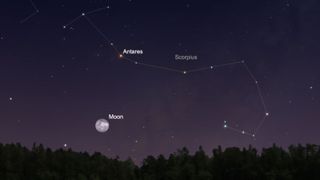
Strawberry Moon lunar eclipse of 2020 occurs today. Here's what to expect.
By Meghan Bartels published
Sharp-eyed skywatchers in parts of the world may be able to catch a slight lunar eclipse today as Earth embarks on a new "eclipse season," although North American viewers will be out of luck.
Get the world’s most fascinating discoveries delivered straight to your inbox.


